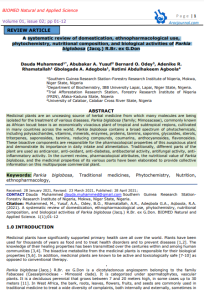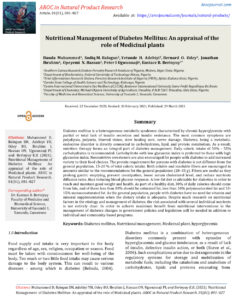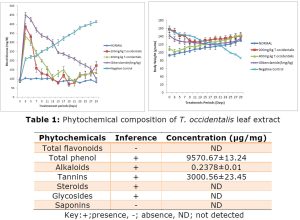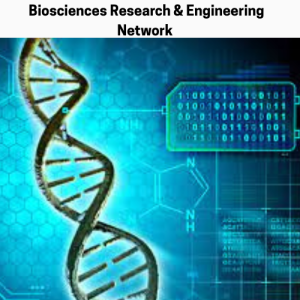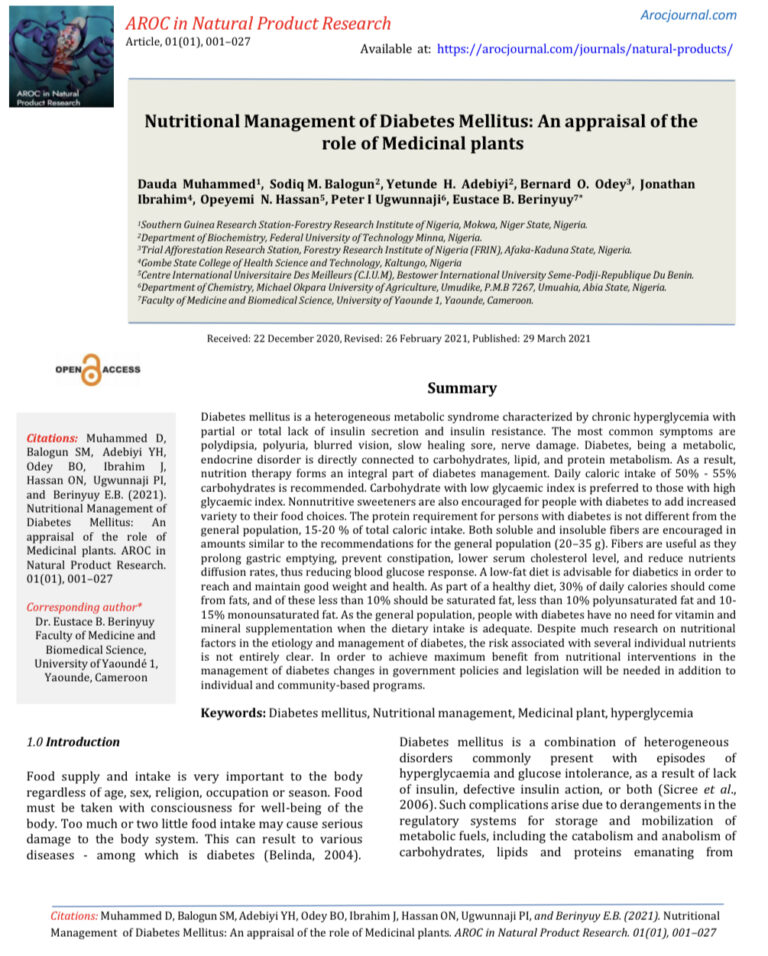Introduction / Body
1. Background and Context
The proliferation of Artificial Intelligence (AI) technologies has transformed the landscape of business operations, influencing the design and functionality of everyday software applications. AI encompasses a wide range of computational techniques, including machine learning (ML), natural language processing (NLP), computer vision, and robotic process automation (RPA), which collectively empower software to perform tasks traditionally reliant on human cognition. In business contexts, these AI capabilities enhance operational efficiency, streamline decision-making processes, and facilitate predictive insights.
Historically, software applications were rule-based and deterministic, offering limited adaptability or predictive capabilities. Routine tasks, such as customer support, inventory management, and data analysis, were largely manual, time-intensive, and prone to human error. The advent of AI-enabled applications now enables real-time data processing, intelligent decision support, and automation of repetitive processes, effectively transforming enterprise workflows.
2. Current Trends and Challenges
AI adoption in business software has accelerated in the last decade, fueled by increased computational power, availability of big data, and advances in ML algorithms. Key trends include:
-
Predictive Analytics: Leveraging historical data to forecast demand, optimize supply chains, and anticipate market trends.
-
Intelligent Automation: Implementing RPA combined with ML to streamline repetitive processes, reducing operational costs.
-
Personalized Customer Experiences: Using NLP and recommendation systems to provide customized product suggestions, chatbots, and virtual assistants.
-
Decision Support Systems: AI-driven tools provide actionable insights to inform strategic business decisions.
Despite the transformative potential, AI adoption faces challenges: data privacy and security concerns, integration complexity with legacy systems, algorithmic bias, and the need for continuous model training and validation. Furthermore, organizations must address ethical considerations to ensure AI-driven decisions are transparent and equitable.
3. Technical Analysis and Methodologies
Modern AI-enabled software employs a variety of technical frameworks and methodologies:
-
Machine Learning Models: Supervised, unsupervised, and reinforcement learning algorithms facilitate predictive and adaptive software functionalities.
-
Natural Language Processing: NLP powers chatbots, sentiment analysis, and automated content generation, enhancing human-computer interaction.
-
Robotic Process Automation: RPA automates routine digital tasks, integrated with ML models to enable intelligent process execution.
-
Cloud-Based AI Platforms: Cloud services such as AWS SageMaker, Google AI, and Microsoft Azure AI provide scalable, on-demand computational resources for deploying AI applications.
Integration of these methodologies within enterprise software enables real-time analytics, adaptive interfaces, and self-optimizing processes, directly impacting operational efficiency and customer engagement.
4. Case Studies and Real-World Applications
Several real-world implementations illustrate AI’s transformative effect:
-
Amazon: Uses AI-powered recommendation engines to personalize shopping experiences, boosting customer engagement and revenue.
-
IBM Watson: Assists enterprises in data-driven decision-making by analyzing complex datasets and providing actionable insights.
-
UiPath: Combines RPA with AI to automate back-office tasks across banking, insurance, and healthcare sectors.
-
Salesforce Einstein: Embeds AI within CRM platforms to forecast sales, automate lead scoring, and enhance customer interaction.
These examples demonstrate measurable improvements in productivity, decision-making, and operational scalability across diverse industries.
5. Implications and Future Directions
The integration of AI in everyday software signals a paradigm shift in business operations. Future directions include:
-
Explainable AI: Ensuring transparency and interpretability of AI models to foster trust among users.
-
Edge AI: Deploying AI models closer to data sources for real-time processing and reduced latency.
-
Sustainable AI: Optimizing AI systems to minimize energy consumption and environmental impact.
-
Ethical AI Governance: Establishing frameworks to mitigate bias, ensure privacy, and uphold ethical standards in decision-making.
Organizations that strategically implement AI across software platforms are poised to achieve competitive advantages, while researchers continue to explore innovative algorithms, architectures, and integration techniques.
Conclusion
Artificial Intelligence has moved from a theoretical concept to a practical driver of business transformation, embedded in everyday software applications. By automating processes, generating insights, and enabling personalized experiences, AI enhances operational efficiency and supports strategic decision-making. Continued research, ethical implementation, and technological innovation will define the trajectory of AI’s integration into business software, ultimately shaping the future of enterprise operations and digital transformation.

